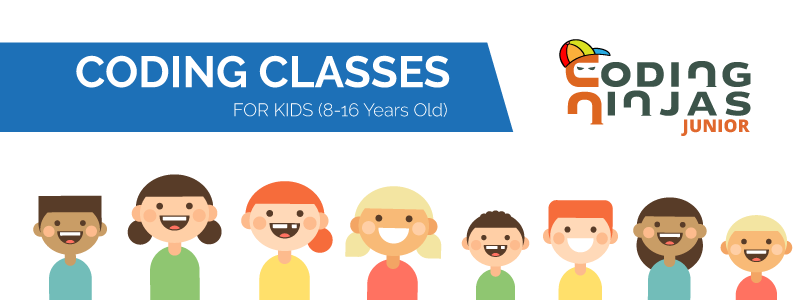 Being a Mathematics and Computers enthusiast, I advocate early computer education for children, but being parent to one curious mind and educator to several curious minds, I want them to see what they are doing, why they are doing what they’re doing and where they are heading. I don’t want to serve them building blocks on a platter, instead I want them to choose their blocks judicially and learn to create on their own. They are blessed to be born in a time where technology is a given. What we learnt in our 20s and our parents are still struggling to learn, they are able to decipher in minutes. They are agile, they comprehend problems in their own unique ways and gadgets are their new toys!
Being a Mathematics and Computers enthusiast, I advocate early computer education for children, but being parent to one curious mind and educator to several curious minds, I want them to see what they are doing, why they are doing what they’re doing and where they are heading. I don’t want to serve them building blocks on a platter, instead I want them to choose their blocks judicially and learn to create on their own. They are blessed to be born in a time where technology is a given. What we learnt in our 20s and our parents are still struggling to learn, they are able to decipher in minutes. They are agile, they comprehend problems in their own unique ways and gadgets are their new toys!
Fear lies within
There was a group of 8th grade boys who came to me around 2 years back to learn JAVA for a year-end exam they had to write in 5 days. When asked for their course, they handed me their notebooks with some 20 odd hand-written programs. The questions starting from WAP… and programs starting from public static void main () {…}. And then, right from opening bracket to closing bracket, everything between the lines was learnt by heart, verbatim. There wasn’t any logical differentiation between ‘=’ and ‘==’, or a “,” and ‘;’ or ‘for’ and ‘while’ or ‘do-while’ loops. For all the excuses, there was just one justification “Our Sir told us this way!” There was no excitement or learning in this method.
Those 5 days were like right from scratch to the level they could write programs logically, without mugging up and they did well in the exam. But what happened next was disturbing. I asked them to write their codes on computer because eventually that’s where codes are meant to be written, not on papers. There was 10 minutes silence in the room and 20 minutes persuasion to go back to paper-pen, their hands trembled and finally they convinced me to copy their hand-written codes for that day! I agreed. But when it turned into compile-time and run-time errors and syntax errors to top the list, things got very interesting. Rectifying our own mistakes and learning from them, is a gift we give ourselves. The earlier we learn from it, the better we get and that much farther we can go.

Discipline is an Art
How beautiful it is to move into kids’ time-space and teach them the way they learn! Let them comprehend that while preparing their 2-minutes Maggie noodles, or their daily chores schedule, they can lead to something big like ALGORITHMS. How messy their noodles could be, or how chaotic their day could be if they skipped or re-ordered any of the steps. SEQUENCE IS IMPORTANT. How being in discipline can produce better algorithms and being smart and punctual can produce OPTIMIZED ALGORITHMS in time & space.
We are part of a vicious cycle
We need to make them observe the fact that our real lives are programmed too, either by ourselves or by nature. Once we start receiving those signals, we start finding PATTERNS in them. Why do their nursery rhymes end with similar rhyming words? Why do their dancing moves repeat the steps, why do they have to follow the same routine everyday and suddenly what happens on Sunday? Why do patterns break? How does the multiplication times table follow certain patterns, how does day and night follow a pattern or for that matter, water-cycle or butterfly-life cycle? When they learn these patterns, they tend to be inquisitive about patterns in general-how do they start and repeat, what is the sequence in each iteration, how many times does it repeat, when does it stop, will it ever stop or not? The answer to each of these questions is astonishing LOOPS. Vicious cycles and efforts to break these loops are the most fascinating part of programming.

Name is Enough!!
One sunny afternoon, my boy brought a music sheet from school and it read like this :
Verse 1
Yeah, you can be the greatest. You can be the best
You can be the King Kong banging on your chest
You can beat the world. You can beat the war
You can talk to God, go banging on his door.
You can throw your hands up. You can beat the clock (yeah)
You can move a mountain. You can break rocks
You can be a master. Don’t wait for luck
Dedicate yourself and your gonna find yourself
CHORUS
Standing in the hall of fame (yeah) And the world’s gonna know your name (yeah)
‘Cause you burn with the brightest flame (yeah) And the world’s gonna know your name (yeah)
And you’ll be on the walls of the hall of fame !!!
Verse 2
You can go the distance You can run the mile
You can walk straight through hell with a smile
You can be the hero You can get the gold
Breaking all the records they thought never could be broke
Yeah, do it for your people Do it for your pride
How are you ever gonna know if you never even try?
Do it for your country Do it for your name, ‘Cause there’s gonna be a day…
CHORUS
Verse 1
CHORUS
Verse 2
CHORUS
Does it ring any bells? Sequence – yes, Patterns – OK, yes! But why Chorus written 4 times above, is just mentioned as CHORUS once and rest it’s just reference other times. Same holds for Verse 1 and 2. How drawing shapes, numbers, alphabets learnt once and you ask them anywhere, anytime, they have same quick response fetched from layers of memories and here is the answer! How this quick response is translated from already fed reference- in other words, FUNCTION CALL! Define once and use the name to refer to it as many times as you want.

Negotiation: War to Win or Lose or Draw or Mutual Agreement!
Who else can be the best negotiators than kids? Every now and then parents are negotiating on terms and conditions.
If you wake up on time then we will ………………….. else we will …………………..
If you finish your meal on time AND behave well then we will ……………else we will ………………
If you finish homework on time OR if you finish your project on time then we will ……. else we will ……….
And that’s how the story goes. Within these daily negotiation deals, we are making choices, CONDITIONAL choices, which is another building block of programming.
It’s all in-programmed thereafter
Once as a parent and educator you have exposed them to these faculties, their brain starts thinking this way. Introduce them to any programming language be it, C, C++, Java or any other high-level programming language or scripting language, they will master it. Give them real life scenarios, break them into smaller chunks, try to find granular steps and then look for patterns in it for repeating steps, loop them. Try to recall previous already done tasks instead of doing all-over again, prototype them. Life gives us new ways to look at.
Integrating other subjects to computers
Visual learning always has long-term effect. When children can see their times tables are following patterns and can be fed as data-entry in Excel Sheets and apply formulae on them, they see magic. When they can paint their imaginations in Paint or Canva, when they can write their stories or make projects in Word and edit them with crazy editing tools, we open a world of opportunities for them. Most fun is when they want to show off their skills to the world and PowerPoint, Prezi, blogs, websites become their best resorts, let them flaunt. When they pick up TED-Ed talks, YouTube documentaries, or Pinterest for research, let them quench their thirst for knowledge, you’re upbringing an independent learner. Schools are no more monopoly of knowledge, the world of internet when guided judicially, can hone ignited minds.
Computer Education is more than Programming-Coding and Digital Literacy…
While being a computer pro, where my half my day is spent in front of the laptop, I have assigned limited screen-time to my son who is 7 year old. When I see new parents pleasing their children with smart phones, I-pads and tablets, as a substitute for their time, as an excuse of making them tech-pro and boasting about their gadget handling skills without educating them for digital footprints or cyber security, my heart goes off. Science and technology can make or break a child’s future, depending on how you use them.
When I asked my son, why he liked to work on computers, his first reply was that he could edit his mistakes instantly. He could learn, re-learn and unlearn to achieve perfection. And second was that he wanted to save papers. Recycle bin is better than trash can. His future plans are to become animator for Pixar movies because he loves math, drawing and he believes that he can code them for his creations soon!
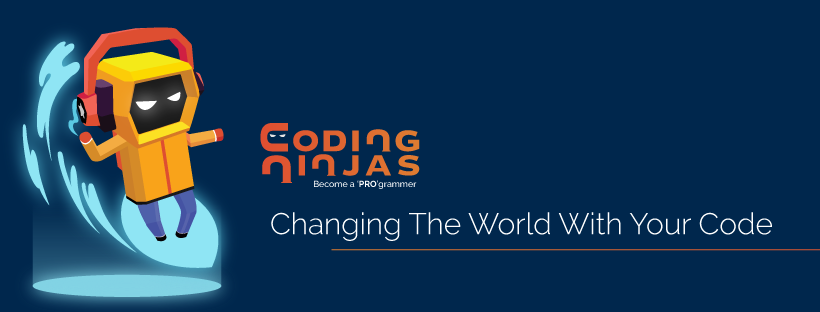
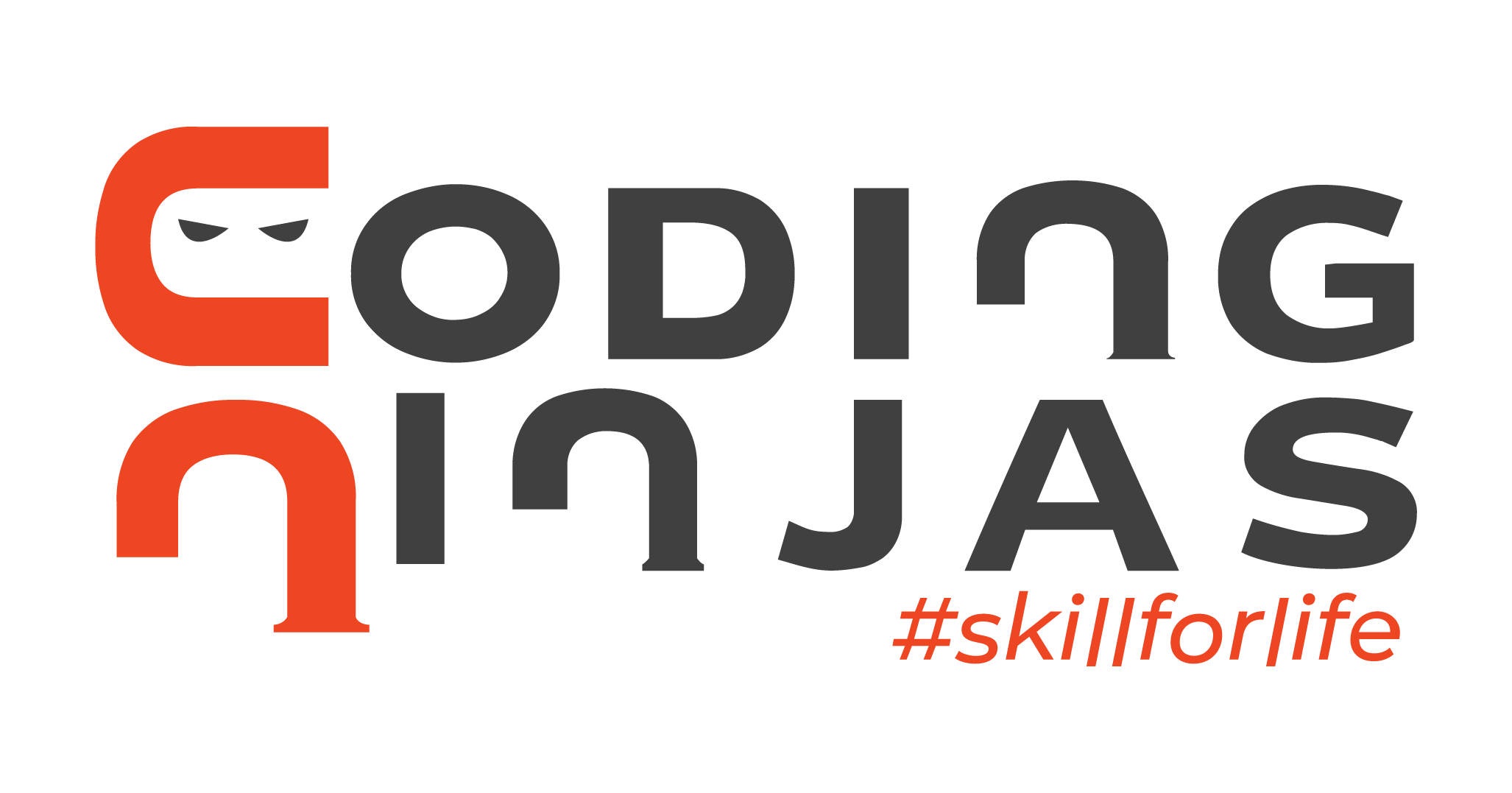
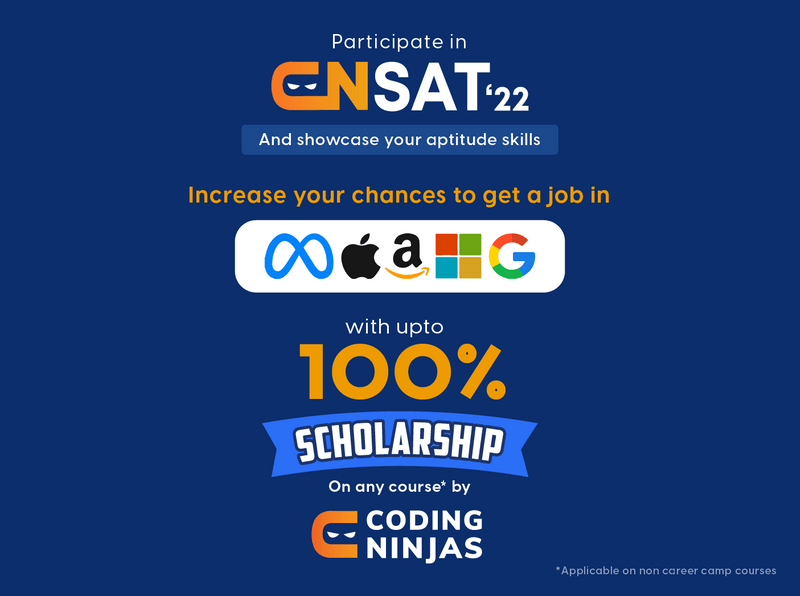


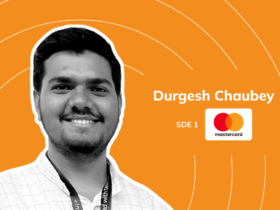









this blog is very useful.
Thanks Shubham 🙂
Beautifully explained !!!!
Thanks Deepti, keep reading our blogs 🙂
How /where do I enroll kids?
Thanks, Reshmie fo showing interest 🙂
Please visit this page for more course details: http://www.codingninjas.in/app/courses/scratch also to register you will find a register button on top of the page fill up your details, pay and register. Classes are starting from 8th June ending 2nd July. For more details you can call on our Toll-Free number: 1800-300-28085
Thanks,
Team Coding Ninjas
Nicely written. It is true that technology can accommodate learners to learn and revise their learning. Besides it’s ability to connect the user with information quickly, this is one of technology’s greatest power.
Thanks for sharing.
Thanks Aaron 🙂
An insightful journey of making kids see the applications, relationships and patterns via nature to computer…
Loved it!
Thank you Sajeda 🙂